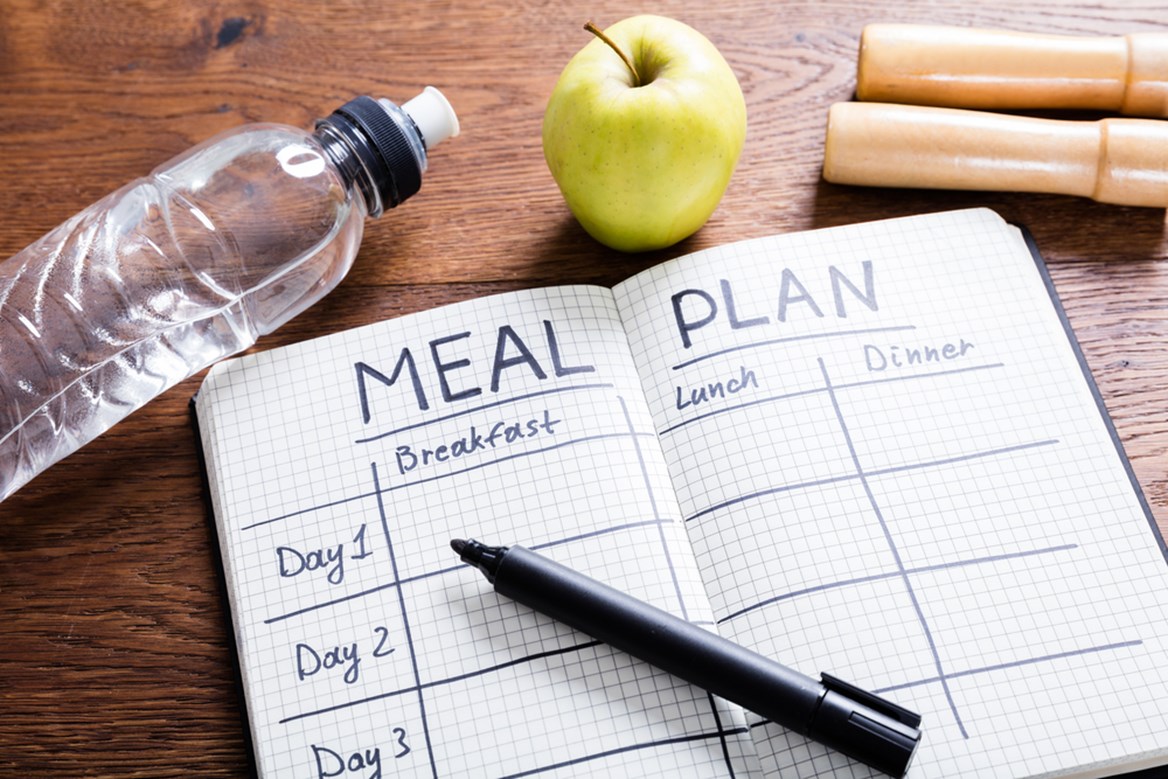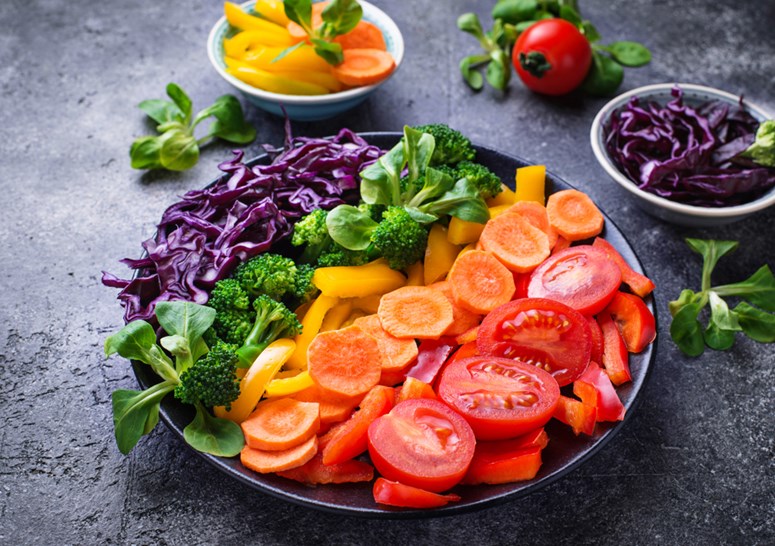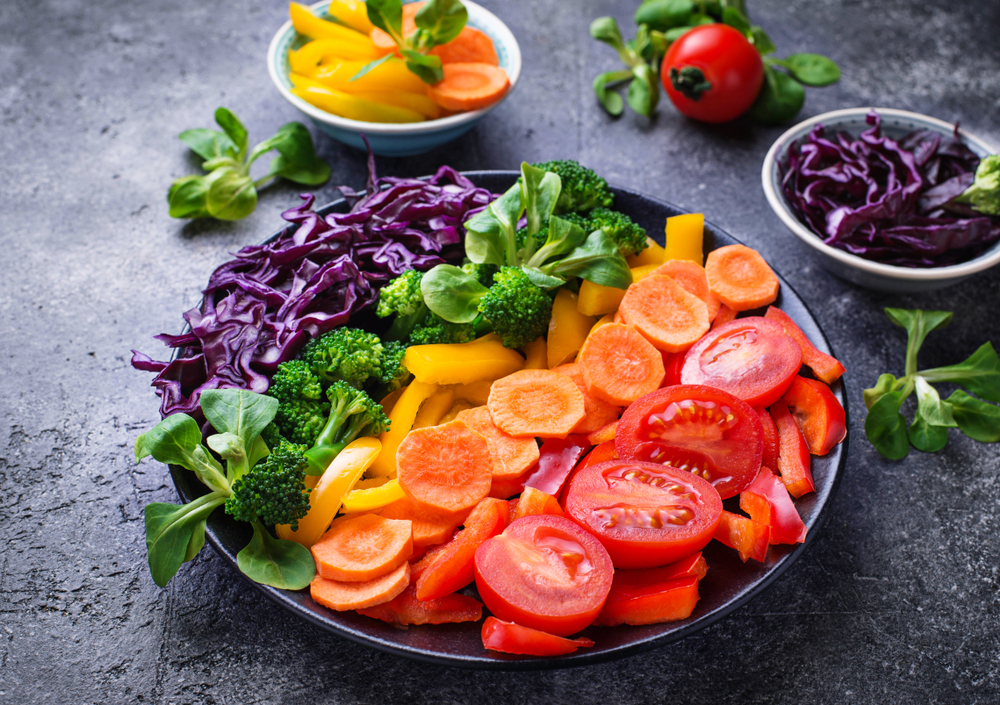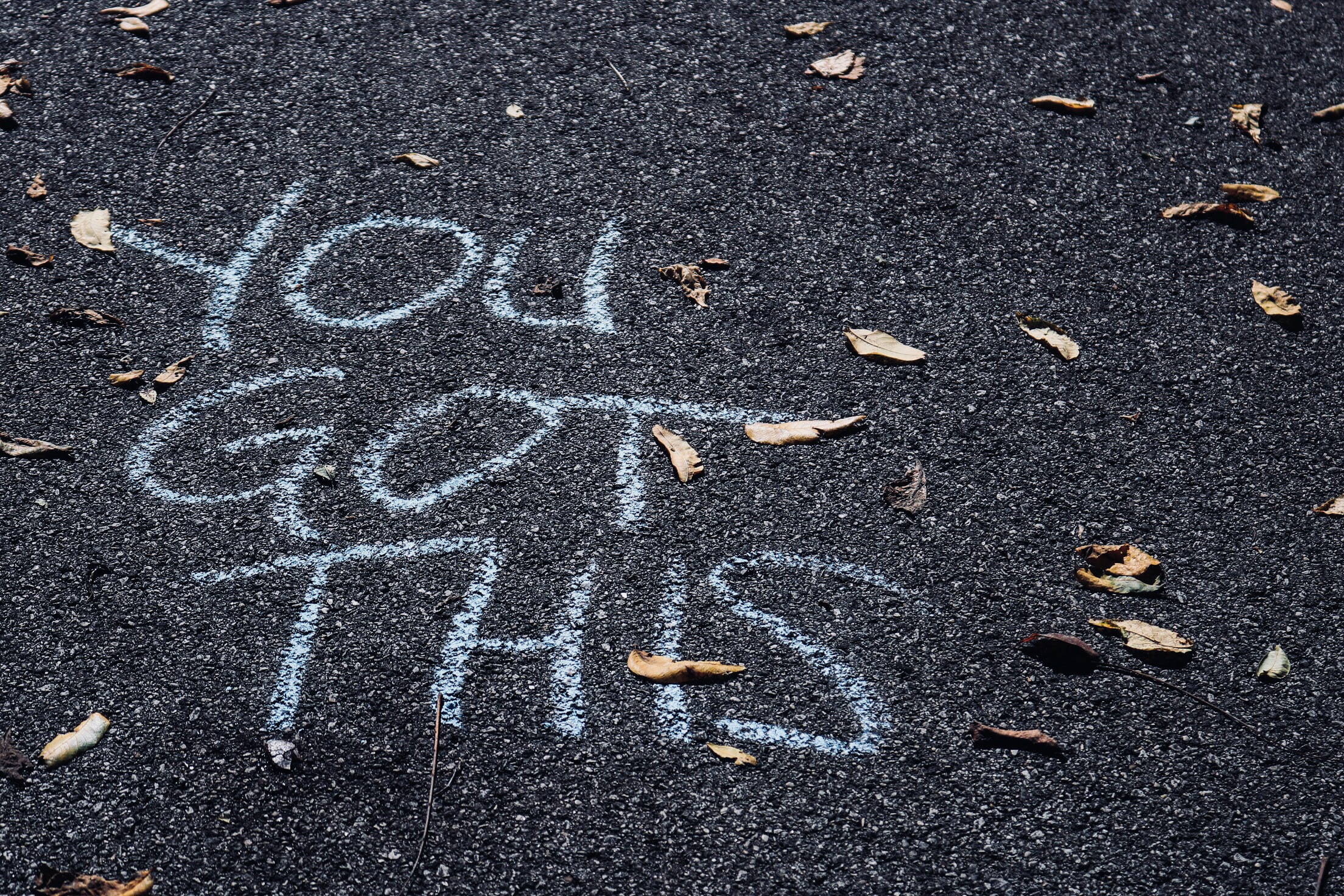The path to a successful weight loss journey
Making simple lifestyle changes can help you to lose weight and keep it off.
The success behind any weight loss plan starts with setting small, realistic goals involving meaningful changes that will get you the results you’re looking for. Here are some simple lifestyle changes that will help you to both lose weight and keep it off.
Diet and lifestyle play a big part in being fit and healthy, which allows us to do the things we enjoy. You don’t have to give up on the traditional foods you enjoy, as small changes can make a big difference.
It is not too late if you are overweight.
Making small, simple changes around how much you eat and drink can help you lose weight, and being a healthy weight can mean that you are less likely to develop some long-term health conditions.
Small decisions can add up to a lot, whether it’s reducing ready-made meals, eating plenty of vegetables with your meals or walking a bit faster for a bit longer every day.
How do I know if I am healthy?
Carrying extra fat around your middle can lead to long-term health conditions and cause fat to build up in your internal organs, especially your liver and pancreas. This stops them from working properly.
It’s possible to carry too much fat around your stomach even if you look slim and have a healthy Body Mass Index (BMI). That’s why it’s good to check your BMI and your waist measurement.
How can I keep my weight down?
Here are some simple tips for eating well and being active to keep your weight down.
1. Plan ahead
When it comes to healthy eating, planning ahead can help you save calories and money by reducing impromptu drive-through trips and delivery orders.

Beginning this week, take time to plan your meals. Planning meals allows you to make healthier choices. You may discover that you shop for what you need instead of what you want.
Download the Know Diabetes meal planning template to get you started.
2. Create new cooking habits
Create and practice new cooking habits: try using less fat, sugar and salt, and add a variety of spices and herbs for flavour instead.
Include pulses, beans, cereals, fruit and vegetables. Challenge yourself to try one new fruit or vegetable this week as a culinary adventure with new recipes and cuisines.
These choices mean that you’ll be reducing your calorie intake (too many calories turn into fat) and eating more healthily.
3. Eat fewer Takeaways
Takeaway meals are rich in processed foods and fats which can lead to weight gain and insulin resistance (when the cells in your muscles, fat and liver don’t respond effectively to your body’s insulin).
Cut down on fried foods, and snacks such as nachos, crisps, samosas. Try to also eat less deep-fried food items, processed meats and other processed foods.
4. Eat a rainbow diet
Fill half of your plate with colourful vegetables with each meal, either cooked or as side salads.


Vegetables are full of fibre, vitamins and minerals but low in calories. Your stomach will feel full and satisfied.
5. Portion awareness
Becoming portion aware allows you to enjoy your favourite foods in the right amounts.
It’s traditional to demonstrate love and hospitality by overfeeding family and guests. Place your salads and vegetables on your plate first which will allow less space for rich curries, stews, and rice dishes such as pilau or biriyani. Say ‘no thank you’ to second helpings.
At home, you can swap your usual plate for one that’s smaller in size to reduce the amount you eat and to prevent overeating.
6. Hydration
Staying hydrated is essential for our overall health and weight loss efforts. Keeping hydrated can help tackle cravings for comfort food that may be caused by not drinking enough water.
Drink 6-8 cups of fluids a day. This includes water, tea, coffee and green tea.


If you have drinks with sugar, gradually reduce your sugar intake and move to sugar-free drinks.
7. Get a daily dose of exercise
Being active daily not only helps with calorie balance, which makes maintaining weight loss easier, but it also boosts mood levels and decreases stress.
Choose a type of physical activity that suits your routine and lifestyle. You may want to recruit family members or friends to join in.

 You don’t have to use a gym if that’s not what you enjoy.
You don’t have to use a gym if that’s not what you enjoy.
Instead, see where you can fit extra bursts of activity into your day. Find things that you like doing and make them part of your routine to form new healthy habits.
If you aren’t active, or you have been unwell, start slowly to allow your body time to adjust. Work towards being active for 150 minutes per week.
Activities can be as simple as:
- a daily brisk walk
- take a longer route home after walking the kids to school
- arrange to go swimming regularly with a friend
- Try Couch to 5K: a running plan that helps complete beginners learn to run 5K in 9 weeks!
8. Set realistic goals and look for the wins
Setting small, realistic goals means you are more likely to succeed.
Alongside planning your meals, recording your goals, activities and progress can keep you motivated.
There will be good and bad days but always look for the win each day. Perhaps you opted for a fruit instead of cake, or chose half a portion of your favourite snack and walked an extra 10 minutes.
Every small change counts.
EXAMPLES OF SMART GOALS:
- Walk an average of 1,000 more steps per day for one week, with a midday walk during my lunch break.
- Eat within 100–200 calories of my calorie goal each day for one week by reducing portion sizes for snacks and dinner.
For further support, check out the new NHS weight loss programme NHS ONE YOU.
9. Review your progress and build on your support system
Tell your friends and family about your journey to change.
There are also many supportive online communities. Have a look at different groups to see what suits you, such as women’s-only Zumba classes or park runs at a green space near you.
10. Be kind to yourself
Be compassionate with yourself.


Reflect on your first round of SMART goals, set new ones, and recruit friends and family to help you stick it out long-term. Be mindful and acknowledge that every day you might face new challenges.
Continue to work towards your goals by reflecting on your progress and motivation to change.
Get online support
Register your interest for the Know Diabetes service to access a full range of support features to help you on your journey.




